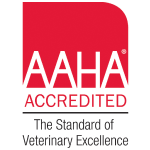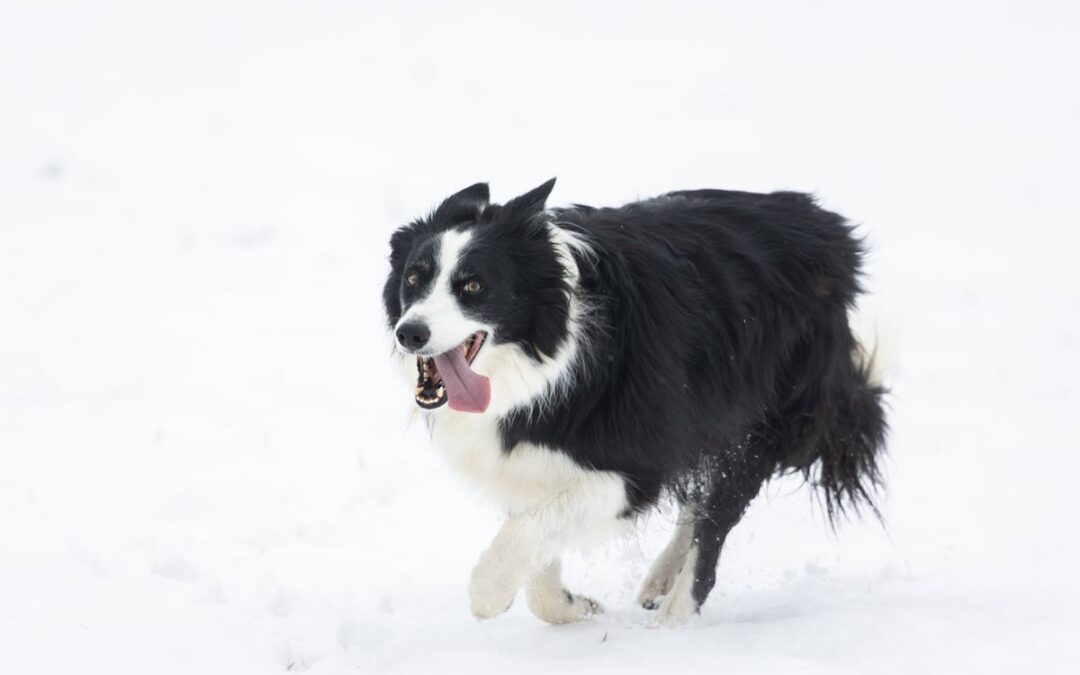As we now vary between our Minnesota temperatures of unexpected and welcome warm temperatures and arctic blasts, it’s time to be aware of potential hazards that can affect your pet’s health. From icemelt to antifreeze toxicity, there are a number of potential risks that can affect your furry friend during this time. Here at South Hyland Pet Hospital, we want to ensure your pet stays safe and healthy this winter. Read on for our top tips for avoiding potential hazards to your pet.
Ice Melt and Other De-icers
Ice melt products are commonly used in the winter to keep sidewalks and driveways clear of ice and snow. Unfortunately, these products can be dangerous for pets if ingested, as many contain salt or other chemicals that can cause irritation or burns in the mouth as well as vomiting, diarrhea, and more serious issues. If you must use an ice melt product, look for one that is labeled “pet friendly” or “safe for pets”. Additionally, make sure you store any containers out of reach of curious pets and immediately clean up any spilled product to avoid ingestion by your pet.
Cold Weather Hazards
Just like humans, pets need protection from cold temperatures in order to stay safe and healthy during winter months. Be sure to bring your pet inside when temperatures drop below freezing or if snow/ice accumulates on the ground; even short-haired breeds may benefit from wearing a coat outdoors when temperatures drop significantly. Additionally, check your vehicle before starting it up—cats (and sometimes small dogs) will often seek shelter under hoods or inside wheel wells while they are warm from recent use; banging on the hood of your car before starting it up will give them time to escape!
During this time of year, temperatures are known to be 40 degrees one day, and in negative temperatures the next. Be prepared for whatever Mother Nature throws our way.
Antifreeze Toxicity
Antifreeze is an especially dangerous hazard for pets due to its sweet flavor—many animals will drink it unknowingly if given access. Antifreeze contains ethylene glycol which can quickly cause damage to vital organs such as kidneys and liver if ingested even in small amounts. Be sure to store containers securely out of reach of all animals; if consumed seek veterinary help immediately as treatment must be administered within 8 hours for optimal results.
Winter brings many beautiful moments but also a few hazards that can put our beloved pets at risk; however, with a little bit of extra awareness, you can protect them from common winter dangers both indoors and out! If you have any questions regarding possible hazards during this season please do not hesitate to contact us here at South Hyland Pet Hospital—we’re always happy to help keep your pet safe and healthy during all seasons!
Image credit: Pexels



